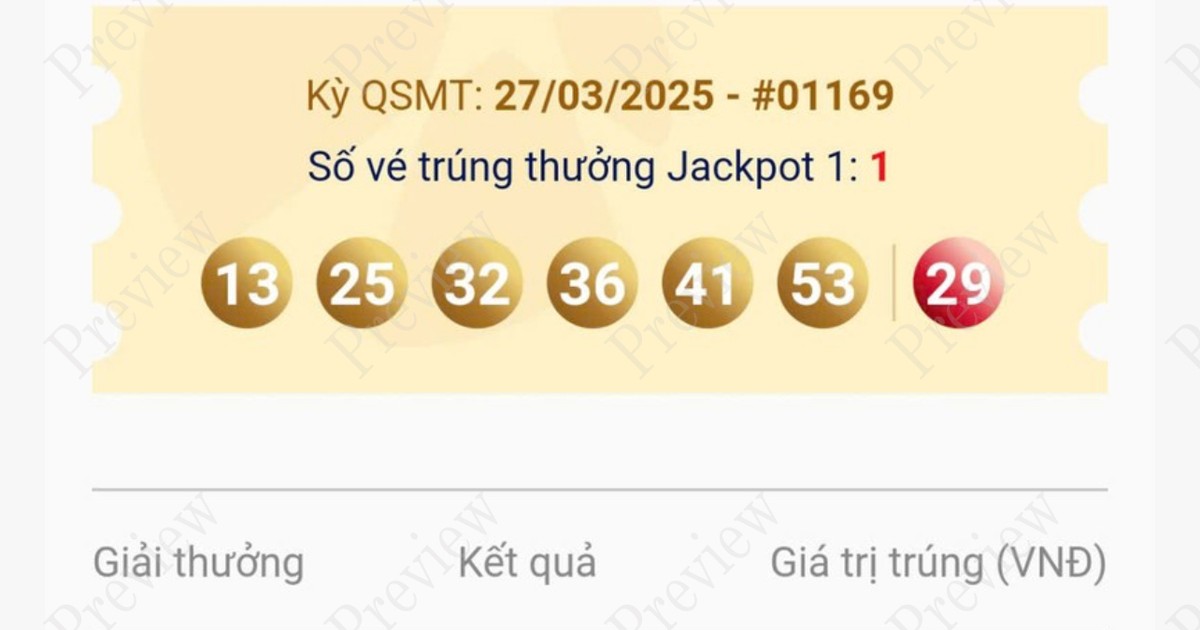ANTD.VN - The world's largest e-commerce platforms such as eBay, Amazon, Bestbuy... are currently performing tax obligations for each order, then paying them into the budget on behalf of sellers on their platforms.
Only about 20% of e-commerce revenue is taxed
According to the Ministry of Finance, Vietnam's e-commerce market is growing. The size of the e-commerce market has grown strongly in recent years (from 16.4 billion USD in 2022 to 20.5 billion USD in 2023 and reaching 25 billion USD in 2024).
However, the total revenue from e-commerce business activities of domestic enterprises, business households and foreign suppliers without permanent establishments in Vietnam only accounts for about 20% of the e-commerce market revenue scale and this proportion is tending to decrease from 20.1% in 2022 to 17.4% in 2024.
Also according to tax management data in the period from 2022 to 2024, the total tax revenue of organizations and individuals with e-commerce business activities tends to increase (in 2022 it is 83 trillion VND, in 2023 it is 97 trillion VND and in 2024 it is 116 trillion VND). In which, the revenue from households and individuals doing business is very low (in 2022 it is 183 billion VND and in 2023 it is 67 billion VND, in 2024 it is expected to reach 2.5 trillion VND).
Thus, it can be seen that many business entities have not yet declared and paid taxes according to tax laws on revenue from e-commerce activities.
 |
Major e-commerce platforms in the world pay taxes on behalf of sellers. |
Many countries collect taxes through the exchange.
Meanwhile, regarding international experience in managing e-commerce platforms and digital platforms, the Ministry of Finance said that according to information from international trading floor websites, international articles and OECD documents, the largest e-commerce floors in the world such as eBay, Amazon, Bestbuy... are currently performing the obligation to calculate sales tax (or VAT) for each order, then paying it to the budget on behalf of sellers on their floors.
When a buyer places an order, a provisional tax amount will be added to the payment. This tax amount will be determined exactly in the order confirmation email sent to the buyer. Information about the regulations for calculating and paying taxes on behalf of the seller is often publicly announced by e-commerce platforms on their websites.
Typically in the case of eBay, in the tax information section for sellers, eBay clearly states that sellers are responsible for taxes and fees including: sales tax, income tax and import tax (for foreign buyers). The tax amount from these orders is the responsibility of eBay to collect and pay the tax on behalf of the seller.
As of January 1, 2021, a total of 44 state tax agencies in the US have required eBay to fulfill this obligation.
The Ministry of Finance also said that since 2018 and 2019, tax authorities of developed countries such as the UK, US, Australia, and Germany have implemented measures to collect sales tax through e-commerce platforms.
Accordingly, when a buyer makes a purchase from a seller abroad, the transaction must be subject to tax at the place of consumption (where the buyer is located). However, sellers cannot always determine the amount of tax they have to pay for each country they sell to. Countries have enacted laws requiring e-commerce platforms to determine the seller's tax liability and collect and remit it to the tax authorities.
In China, in addition to collecting and paying taxes on behalf of sellers, tax authorities also require storing transaction and tax information for at least 3 years.
OECD recommends that countries should unify the method and have a regulatory regime that stipulates that the creator of the digital platform (electronic trading floor) is the one who has full and sole responsibility for determining the tax payable on orders, collecting and paying it to the tax authorities.
Based on the above practical basis and referring to international experience, the Ministry of Finance believes that it is very necessary to develop a Decree on tax management for business activities on e-commerce platforms and digital platforms of business households and individual businesses according to the provisions of Law No. 56/2024/QH15.
At Point b, Clause 5, Article 6 of Law No. 56/2024/QH15, Clause 4a is added after Clause 4, Article 42 of Law on Tax Administration No. 38/2019/QH14 as follows: “4a. For households and individuals conducting business activities on e-commerce platforms and digital platforms, the organization that is the manager of the e-commerce trading floor, the manager of the digital platform with payment functions (including both domestic and foreign organizations) and other organizations with digital economic activities as prescribed by the Government shall deduct, pay taxes on behalf of, and declare the deducted tax amount for business households and business individuals.
The Ministry of Finance has just submitted to the Government a draft Decree on tax management for business activities on e-commerce platforms and digital platforms of business households and individual businesses. Accordingly, it clearly stipulates that e-commerce platforms deduct and pay taxes on behalf of sellers.
Source: https://www.anninhthudo.vn/bo-tai-chinh-cac-san-thuong-mai-lon-nhat-the-gioi-deu-nop-thay-thue-cho-nguoi-ban-post607112.antd



![[Photo] Prime Minister Pham Minh Chinh and Brazilian President Luiz Inácio Lula da Silva attend the Vietnam-Brazil Economic Forum](https://vstatic.vietnam.vn/vietnam/resource/IMAGE/2025/3/29/f3fd11b0421949878011a8f5da318635)

![[Photo] Prime Minister Pham Minh Chinh chairs meeting to urge highway projects](https://vstatic.vietnam.vn/vietnam/resource/IMAGE/2025/3/29/6a3e175f69ea45f8bfc3c272cde3e27a)
![[Photo] Dong Ho Paintings - Old Styles Tell Modern Stories](https://vstatic.vietnam.vn/vietnam/resource/IMAGE/2025/3/29/317613ad8519462488572377727dda93)

















































































Comment (0)